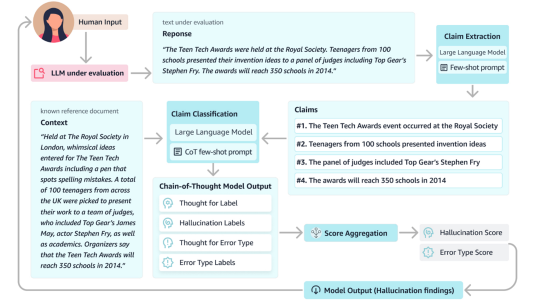Query auto-completion (QAC) is a fundamental feature in search engines where the task is to suggest plausible completions of a prefix typed in the search bar. Previous queries in the user session can provide useful context for the user’s intent and can be leveraged to suggest auto-completions that are more relevant while adhering to the user’s prefix. Such session-aware QACs can be generated by recent sequence-to-sequence deep learning models; however, these generative approaches often do not meet the stringent latency requirements of responding to each user keystroke. Moreover, these generative approaches pose the risk of showing nonsensical queries. One can pre-compute a relatively small subset of relevant queries for common prefixes and rank them based on the context. However, such an approach fails when no relevant queries for the current context are present in the pre-computed set.
In this paper, we provide a solution to this problem: we take the novel approach of modeling session-aware QAC as an eXtreme Multi-Label Ranking (XMR) problem where the input is the previous query in the session and the user’s current prefix, while the output space is the set of tens of millions of queries entered by users in the recent past. We adapt a popular XMR algorithm for this purpose by proposing several modifications to the key steps in the algorithm. The proposed modifications yield a 10× improvement in terms of Mean Reciprocal Rank (MRR) over the baseline XMR approach on a public search logs dataset. We are able to maintain an inference latency of less than 10 ms while still using session context. When compared against baseline models of acceptable latency, we observed a 33% improvement in MRR for short prefixes of up to 3 characters. Moreover, our model yielded a statistically significant improvement of 2.81% over a production QAC system in terms of suggestion acceptance rate, when deployed on the search bar of an online shopping store as part of an A/B test.
Session-aware query auto-completion using extreme multi-label ranking
2021
Research areas




